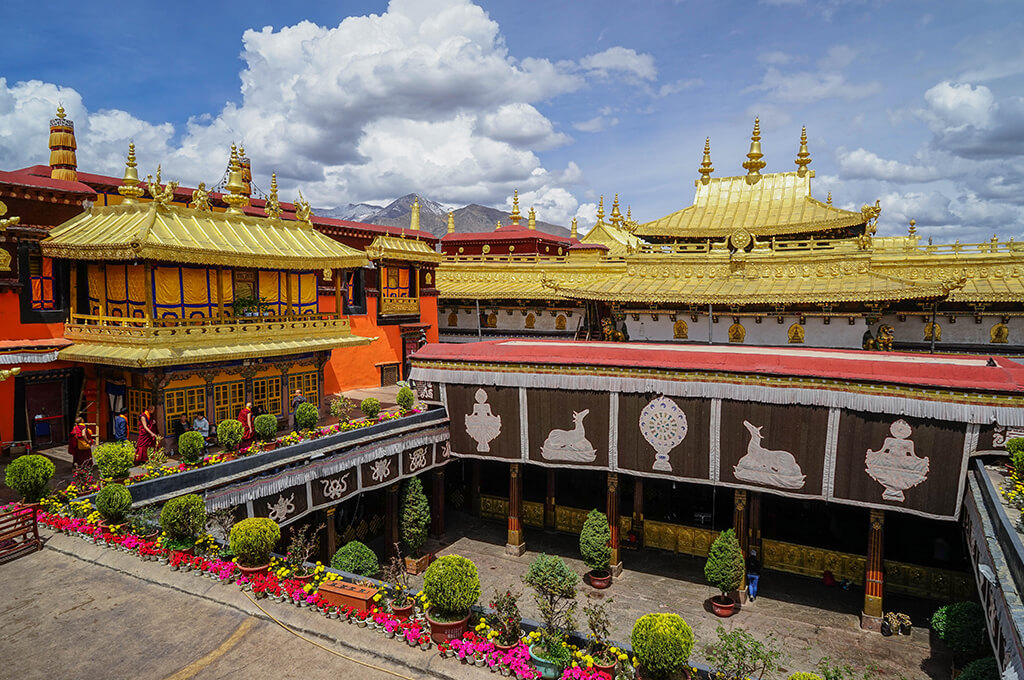A vacation to any highland can be marred by altitude sickness. Altitude sickness is something that you experience after facing a sudden change in altitude and air pressure. Traveling to a highland without having any knowledge about altitude sickness can ruin your trip completely. Hence, learn about the essential things in order to avoid altitude sickness in Tibet. The oxygen content in the air lessens, thereby creating a deficit of oxygen in your body. The best way to fight with altitude sickness is by giving your body some time before you go on to roam around on the beautiful Tibetan Plateau.
Do Not Hurry
The first and foremost thing that you need to keep in mind while visiting Tibet is that you need to rest for two days after reaching Lhasa. No sightseeing, no exploration is allowed because your body needs to get acclimatized to the high air pressure and low oxygen level. You can take a stroll in the lawn of the hotel, but nothing more than that. Eat and relax for two days before going out to soak in the Himalayan beauty. Your body will be able to handle the shift, but it needs some time.

Have Energy Drinks and Extra Carb
Of course, you are never advised to consume extra carbohydrate, but on your trip to Tibet, you will have to. Since you tire out more often at a higher altitude, your body needs more calories for a higher amount of energy. Healthy snack bars can provide wholesome nutrition to your system. Avoid cigarettes and alcohol at all cost because it will not be wise to subject your body to intoxication of any form. Continuously sip on water while climbing the stairs of the monasteries to avoid altitude sickness in Tibet.
Medication
If prescribed by your doctor, you can start taking Diamox a week prior to your trip. However, it will not work if you take it after experiencing altitude sickness, and then coming down to a lower altitude will be the only option you are left with.
Beware of Catching Cold
Cold and altitude sickness is not at all a welcome combination. If your immune system gets weak, the first thing that you experience is hypothermia. Dizziness occurs, followed by a loss in the ability to walk and sleeplessness. In extreme cases, you might end up being unconscious. Hence, it is not at all advisable to roam around unprotected at such a high altitude. Consult a doctor if you have to take medicines, else wear enough woollen clothes to protect yourself from catching a cold. However, avoid alcohol consumption for staying warm.
Wear Warm Clothes
Dress in layers whenever traveling to any high altitude place. Though the weather remains cool and comfortable for most of the time from April to September, occasional rainfall might drastically lower the temperature. Cover yourself in woollen jackets and pullovers so that you do not catch a cold. Boots are recommended since it might be difficult to walk in a rugged terrain by wearing sandals or flip-flops. You can also put on a hat or scarf on the head if you do not want to expose yourself in the direct sunlight.
Our team of experts will provide you with all the necessary information from beforehand so travel with us peacefully as we will take good care of you.
